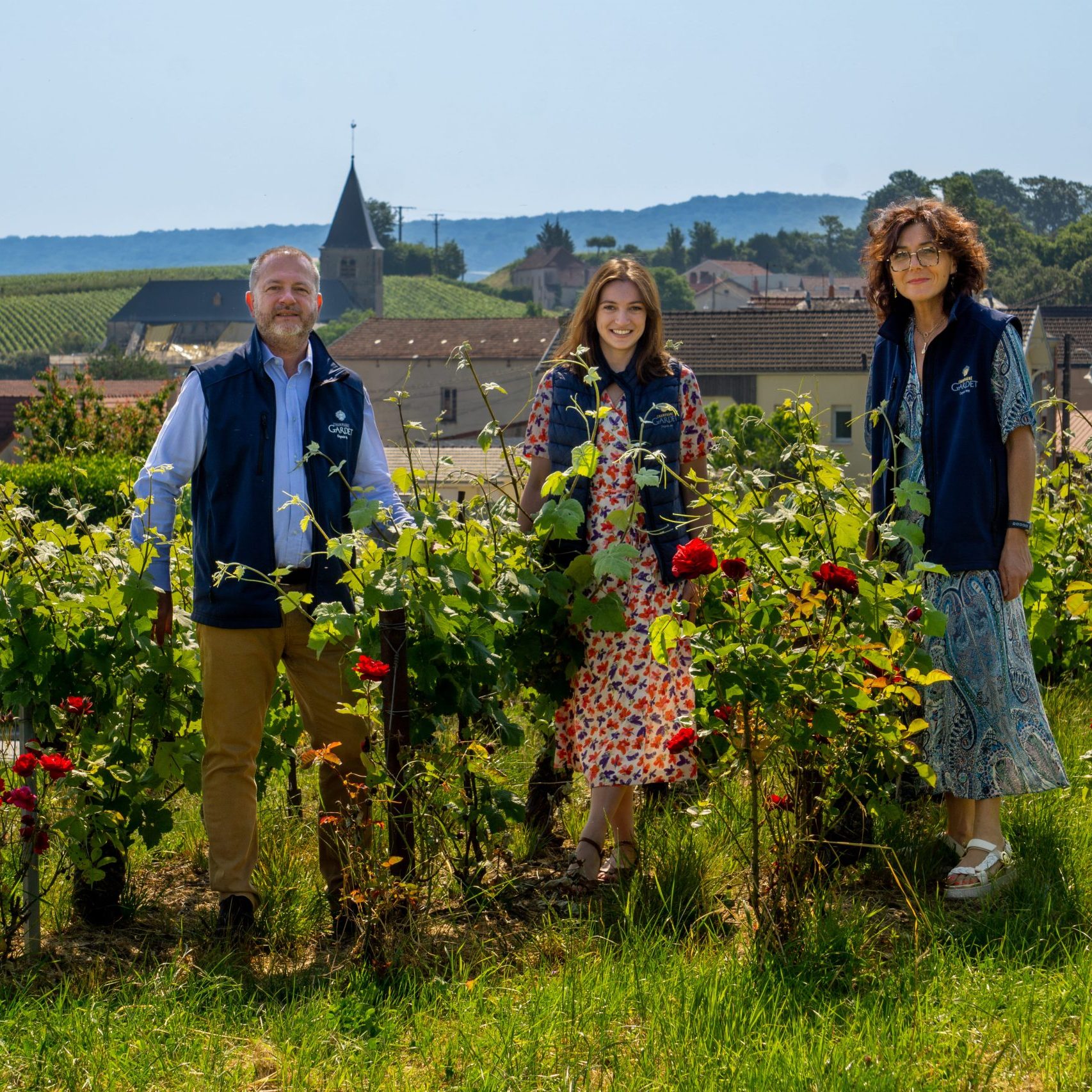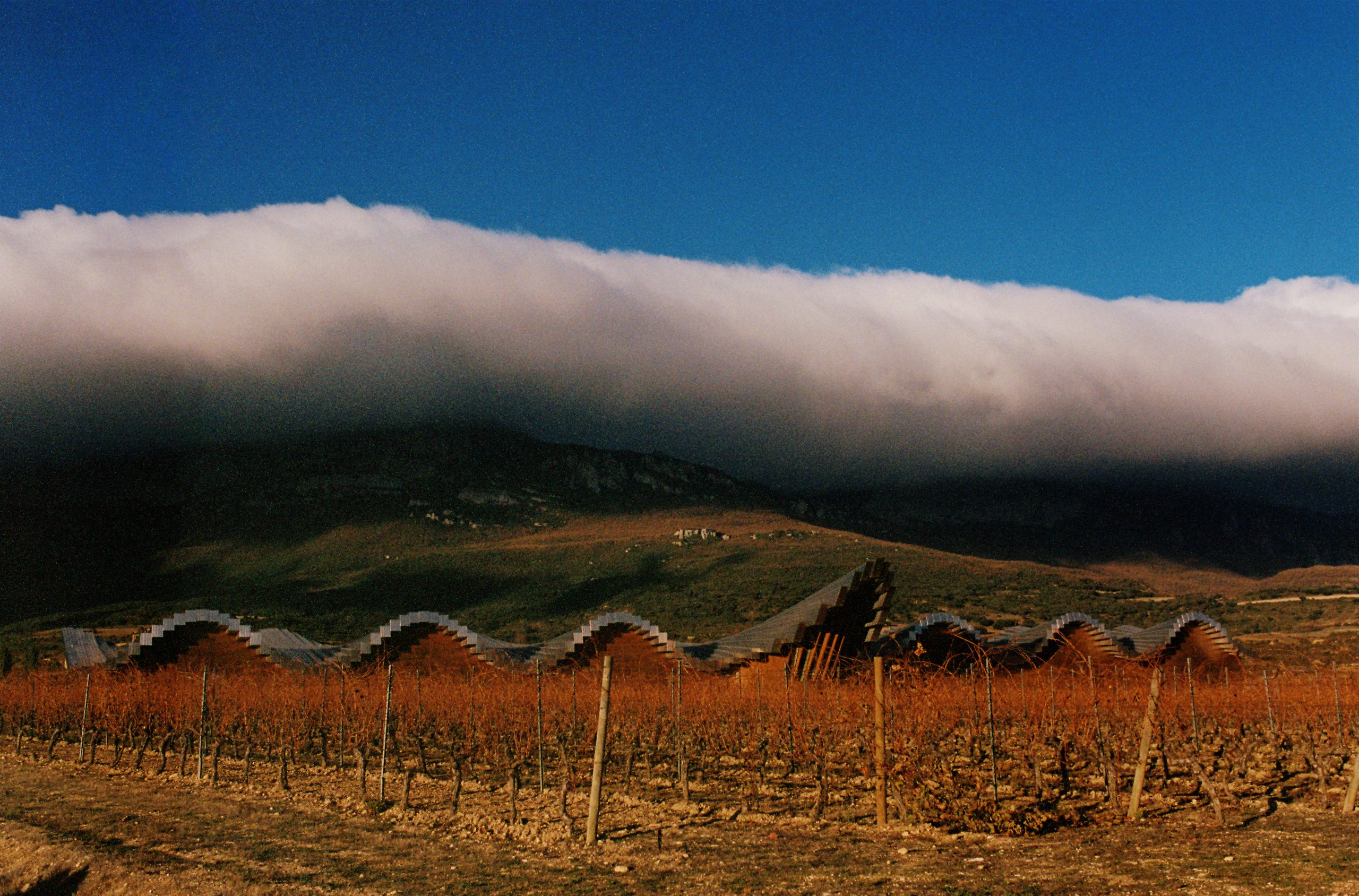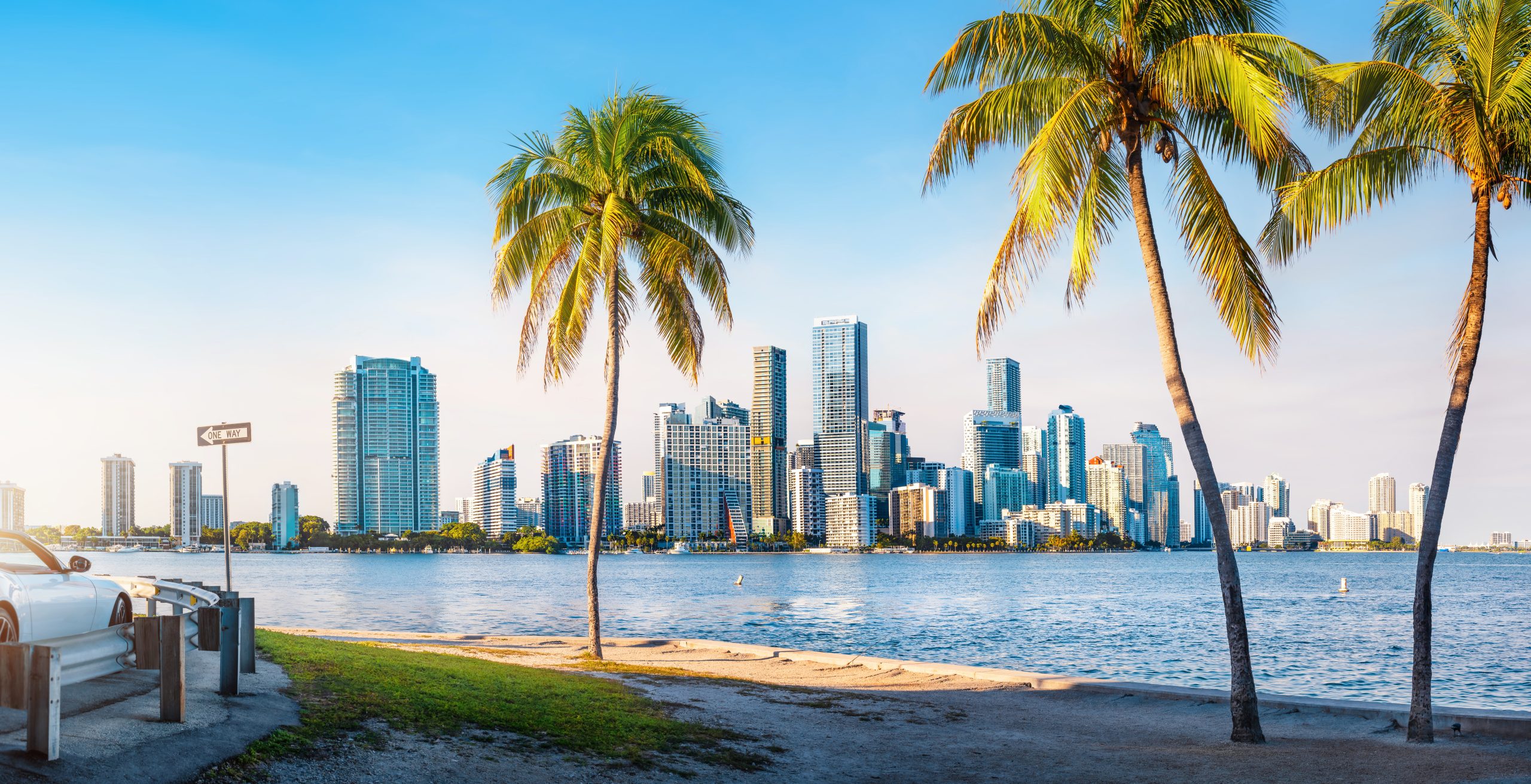Lawsuit over arsenic in Californian wines
Several leading Californian wineries have been named in a lawsuit that alleges their wines contain “extremely elevated” levels of arsenic but producers are calling foul.
The complaint, filed in Los Angeles by four plaintiffs, claims that 28 wineries are violating state law by “knowingly” producing, marketing and selling wines with traces of inorganic arsenic up to 500% more than what is considered the maximum acceptable limit – in California.
Trade association, The Wine Institute, decried the move as an “irresponsible publicity campaign” designed to “scare the public into thinking that wine is not safe to consume, which is patently untrue.”
The wines in the complaint are generally “inexpensive” white and blush wines made from Pinot Grigio, Moscato and Sauvignon Blanc and are produced by Sutter home, Charles Shaw and Beringer.
The plaintiffs are, according to CBS, seeking “unspecified damages”.
“These wineries have long known about the serious health risks their products pose to customers,” attorney Brian Kabateck said.
“Yet instead of reducing the exposure to acceptable levels, the defendants recklessly engage in a pattern and practice of selling arsenic-tainted wine to California consumers.”
Partner Content
Producers and winery associations have been quick to point out a number of spurious claims in the complaint and declared it to be a “health scare” with those behind it poised to benefit financially.
To begin with, the “unsafe” levels of arsenic in the wine is 50 parts per billion, half of what is considered safe in Ontario and a fourth as high as the levels permitted in European wines.
Stephen Cater, director of quality assurance for the Liquor Control Board of Ontario, told Wine Searcher that of the 1,543 wines tested from California by the LCBO, all were passed as being perfectly safe to drink, with levels of arsenic “well below” that which is considered safe in Ontario.
Furthermore, on the day the lawsuit was filed a company called BeverageGrades apparently issued a press release in which it said that it believed, “retailers need a screening and certification model that allows them to assure their customers of the purity of all the alcoholic beverages they sell.”
The plaintiffs are using results from a Denver-based laboratory owned by Kevin Hicks – who is not named in the complaint but who is the owner of BeverageGrades.




